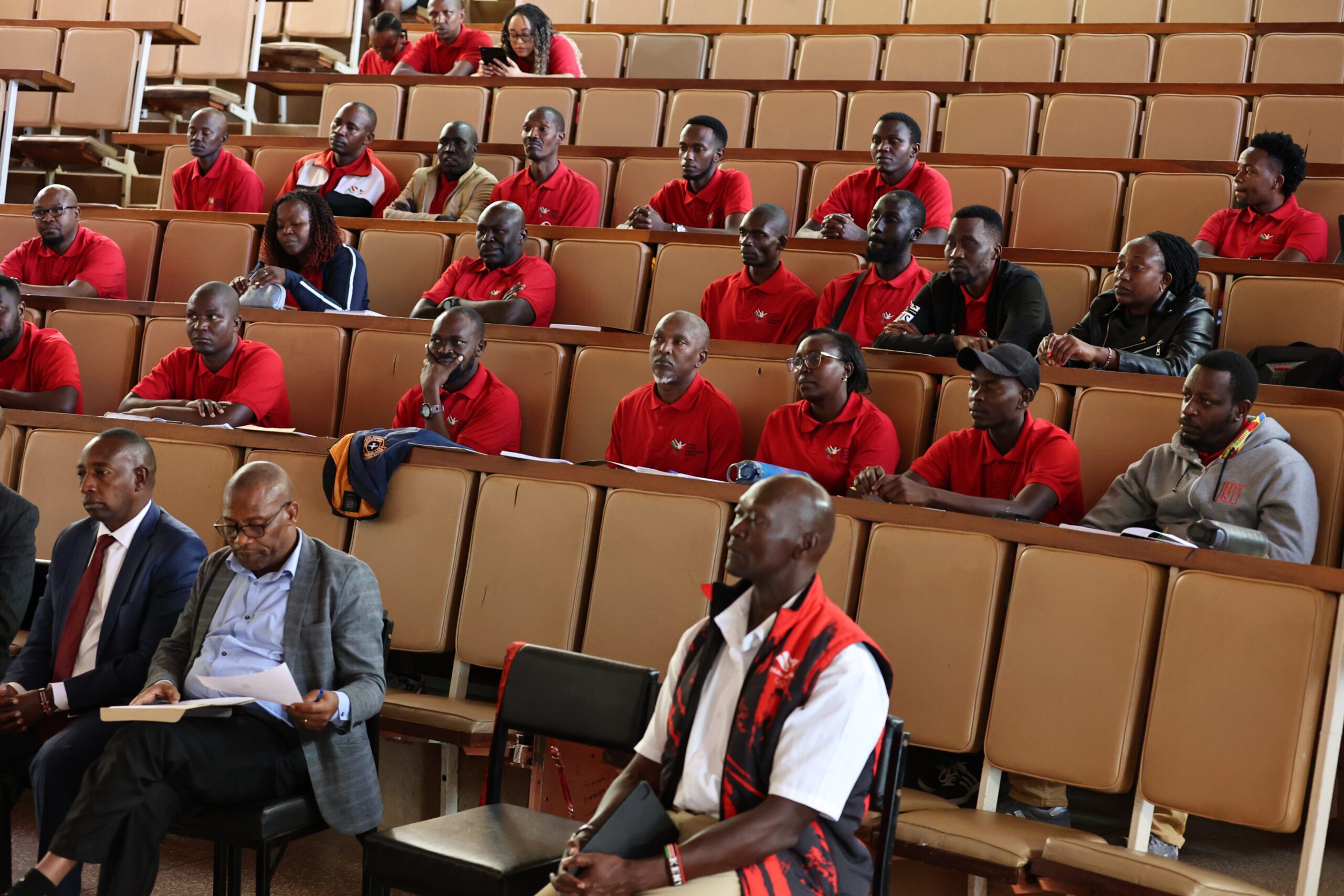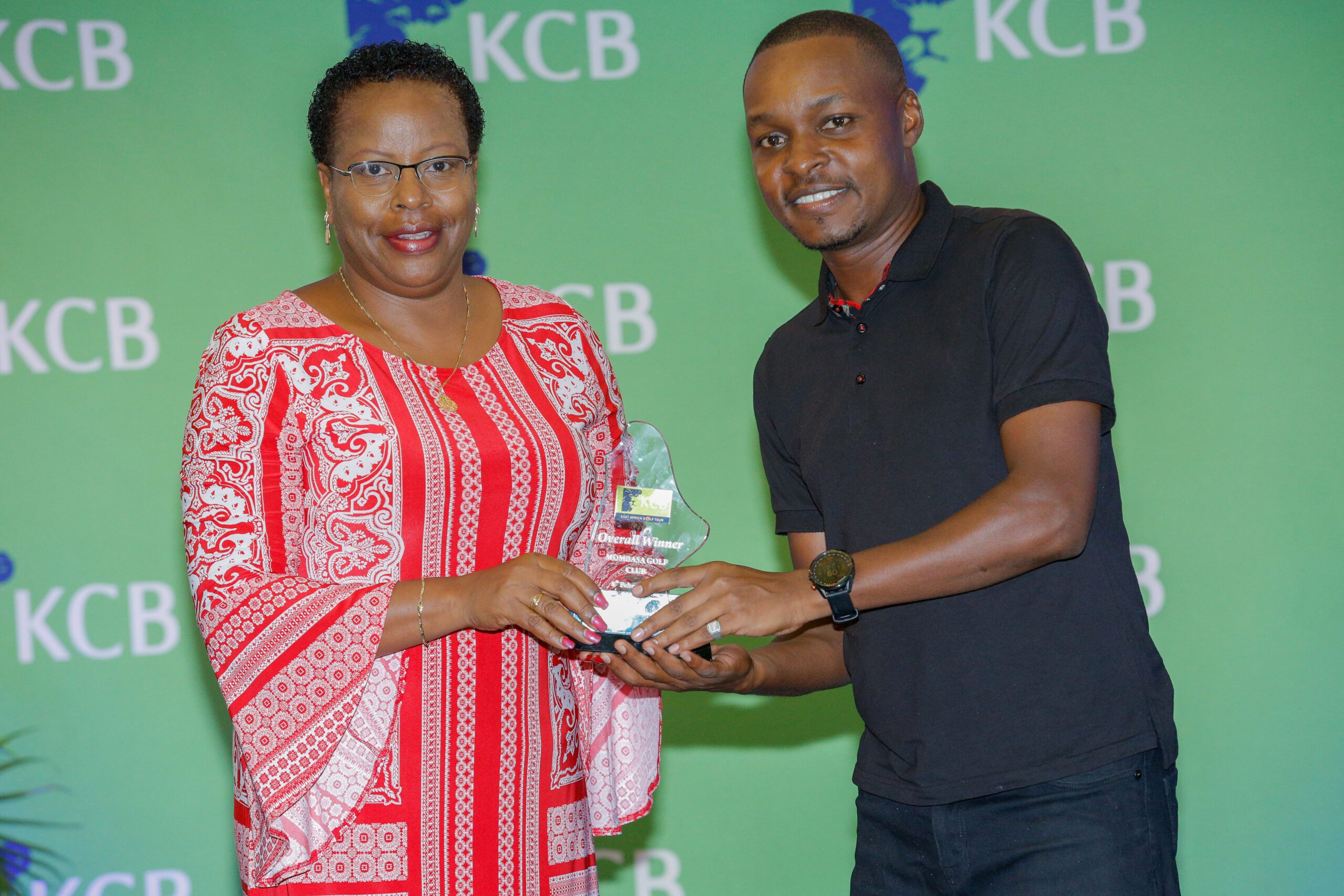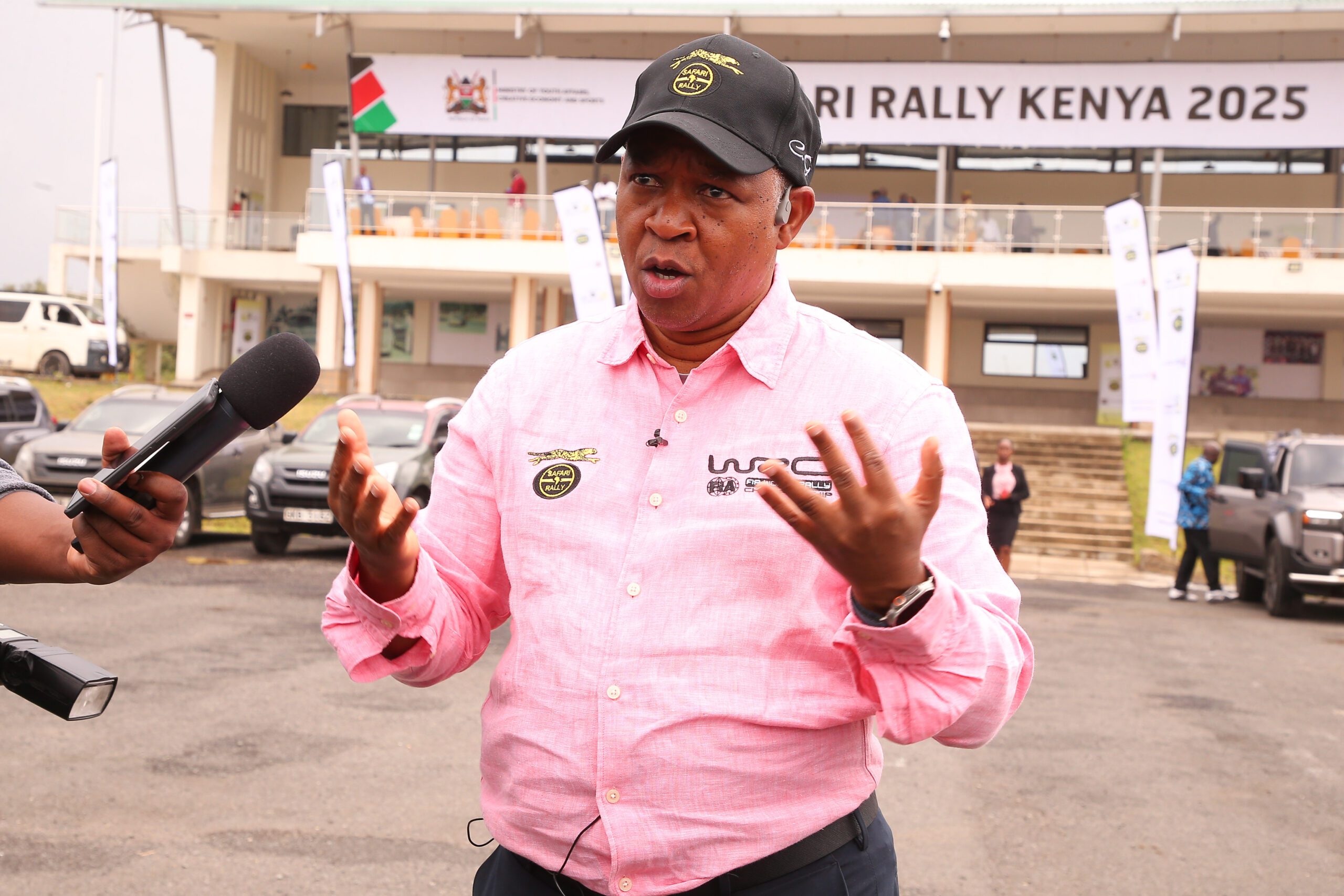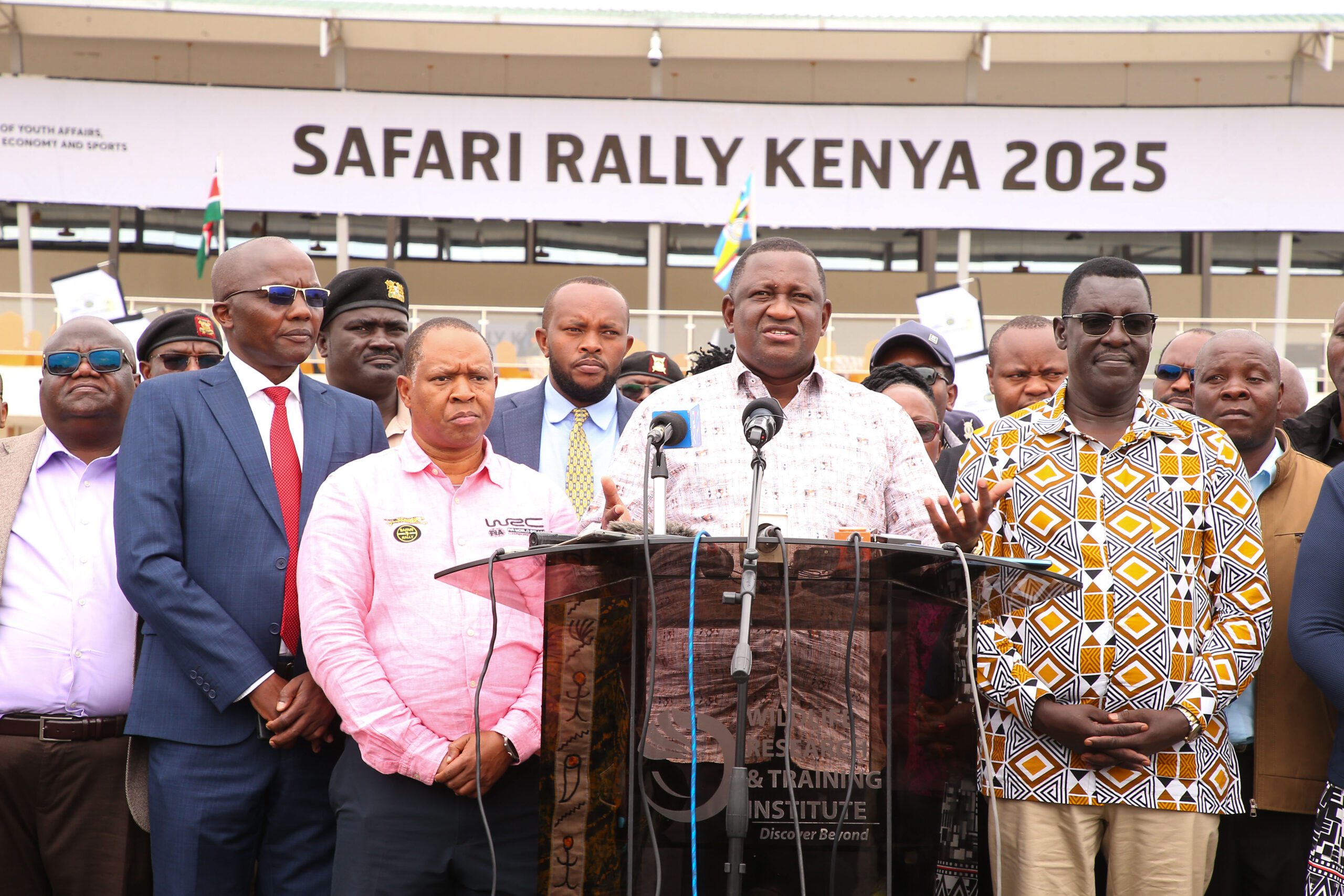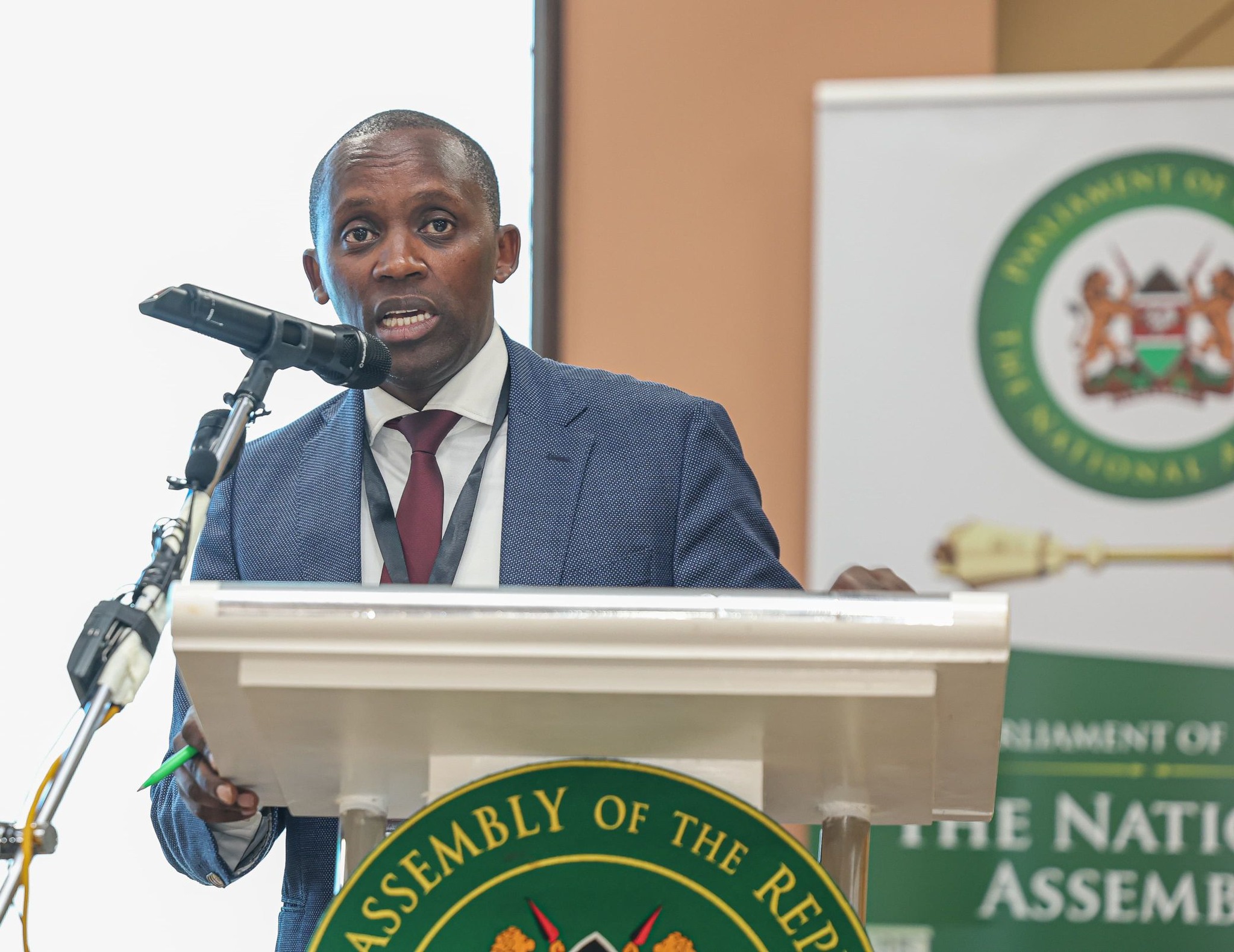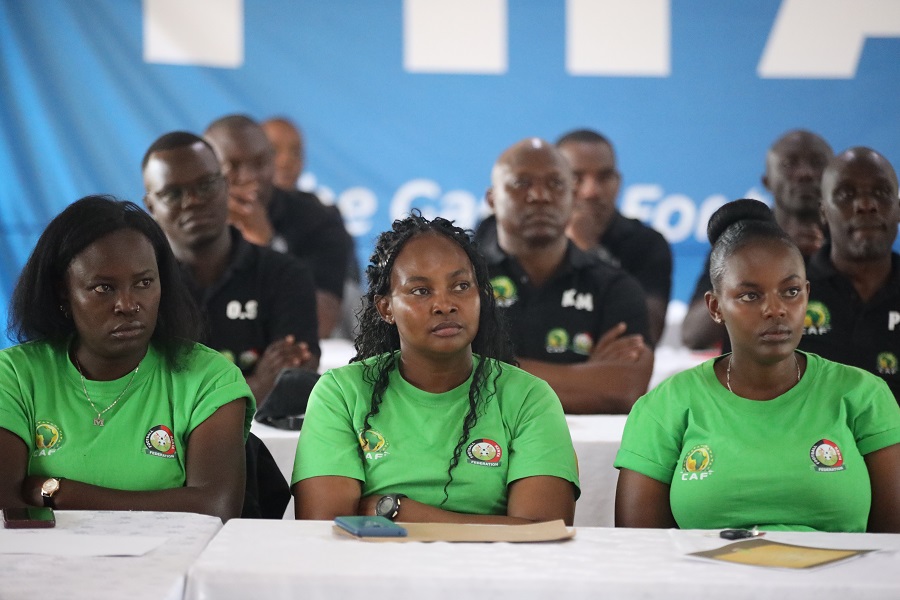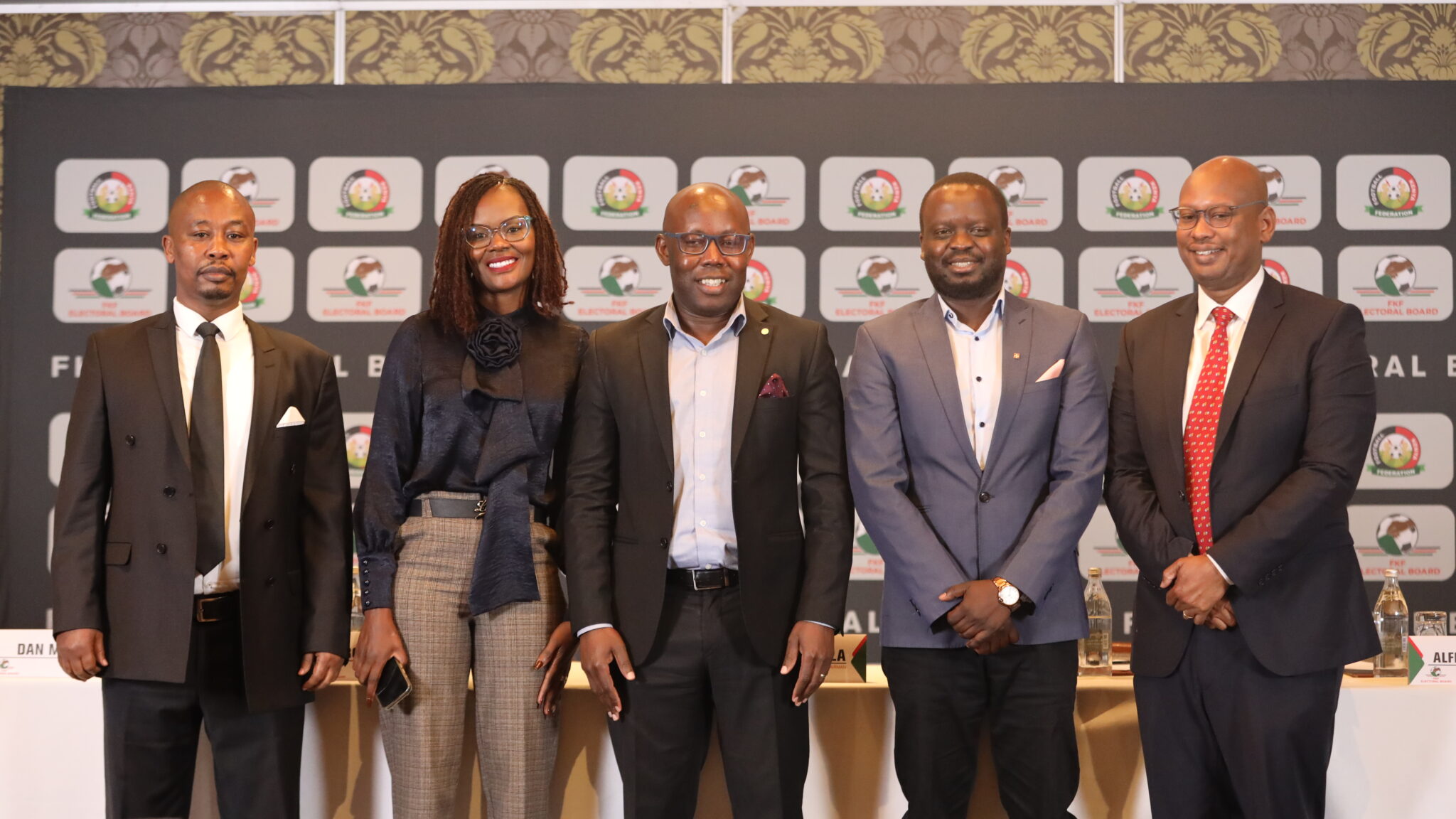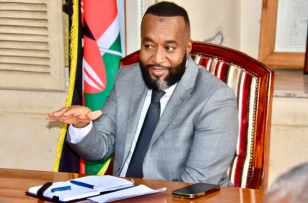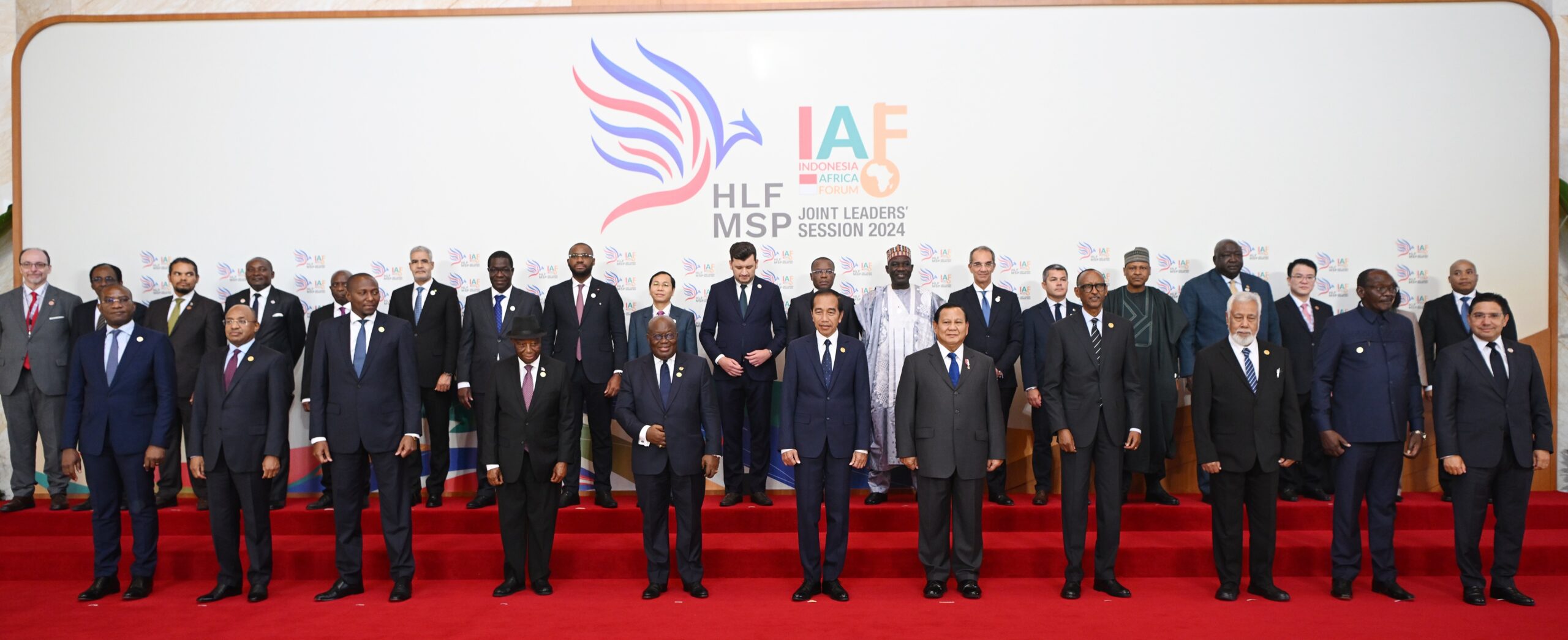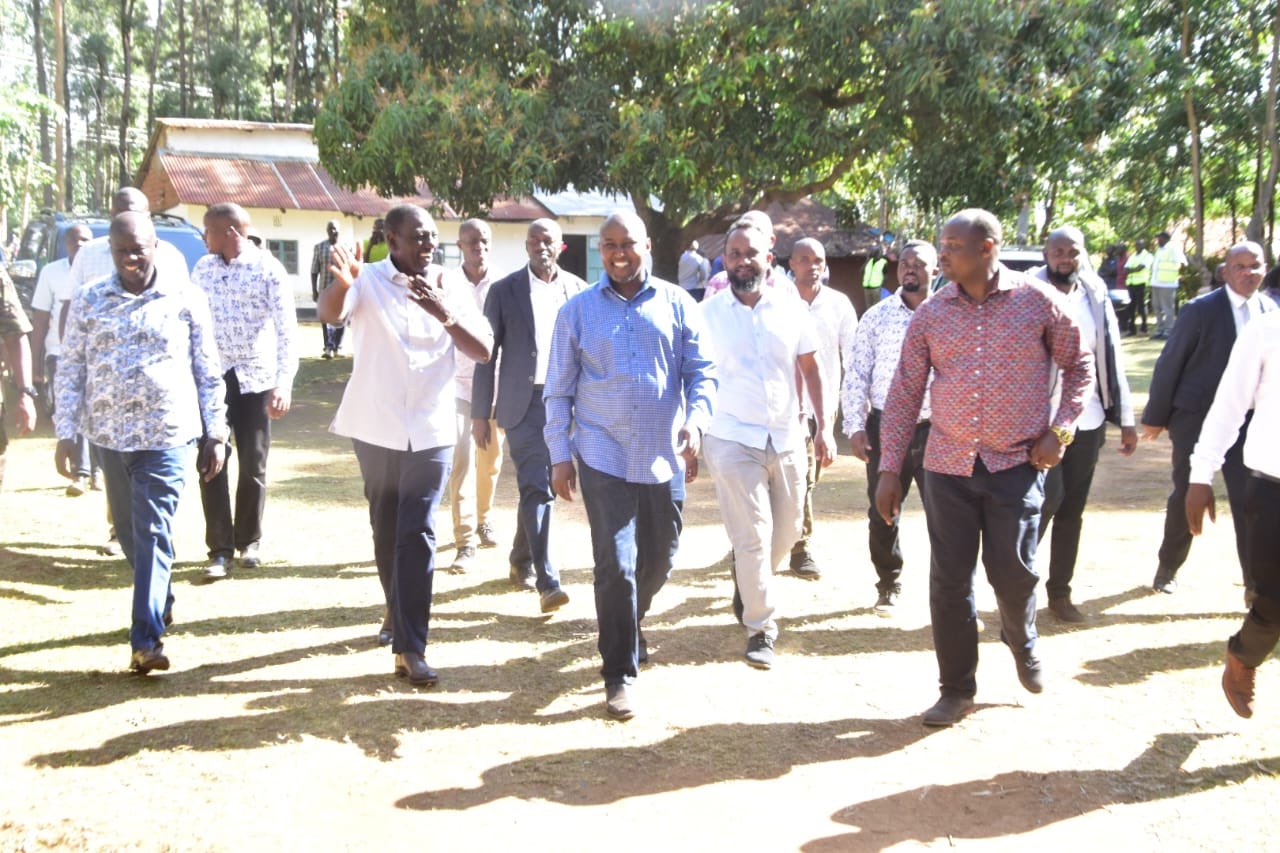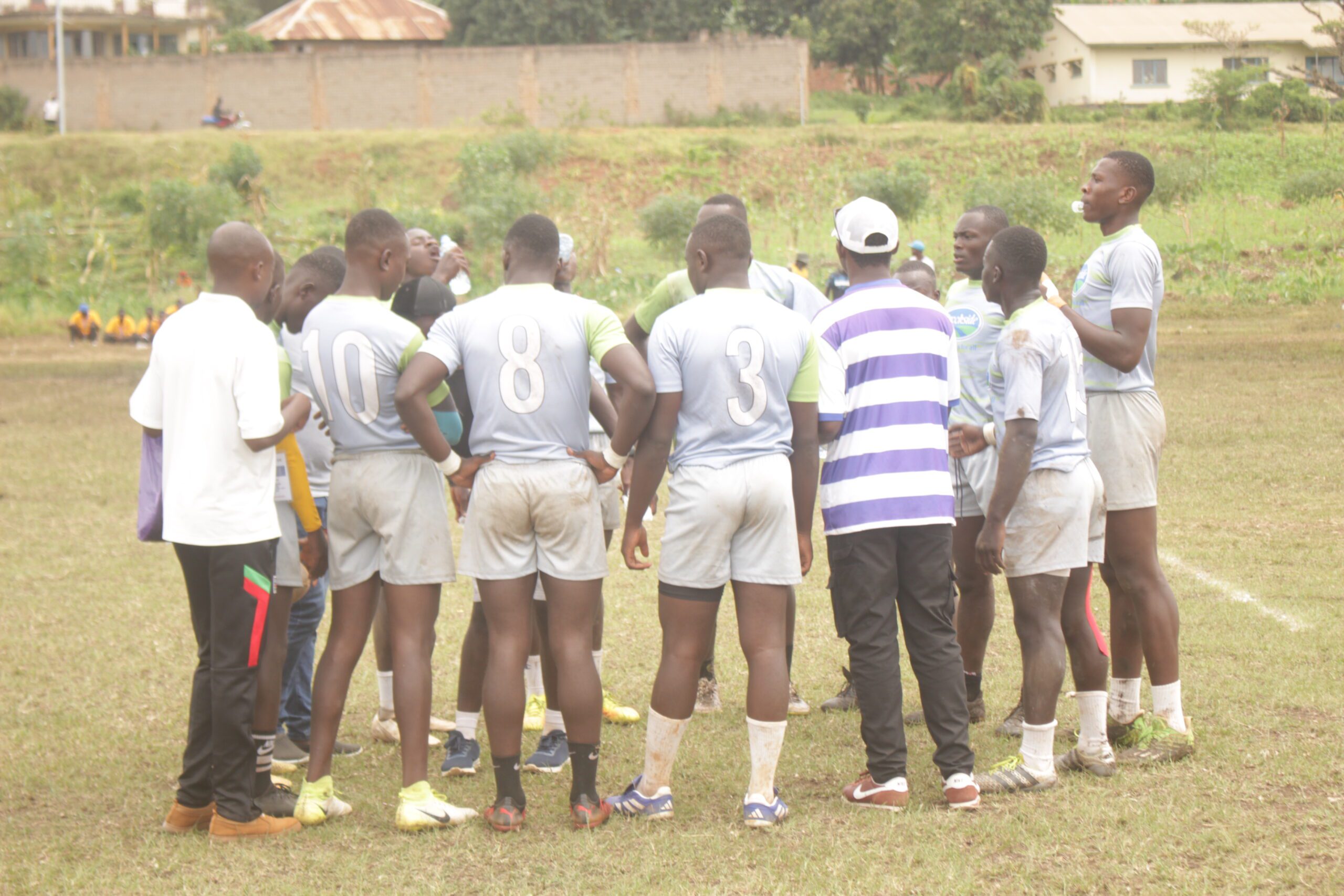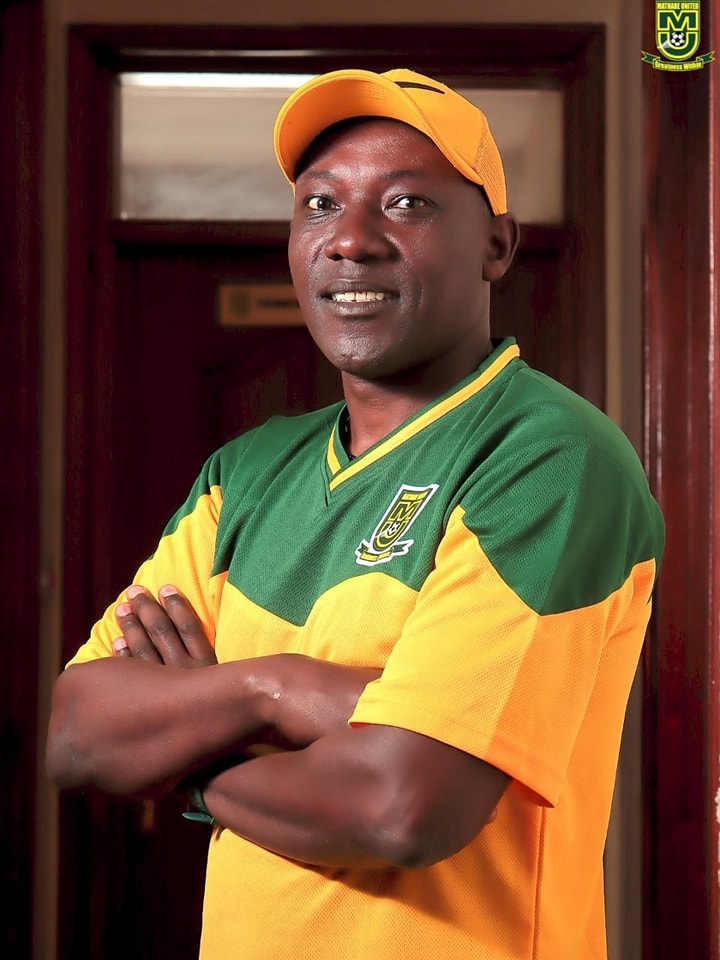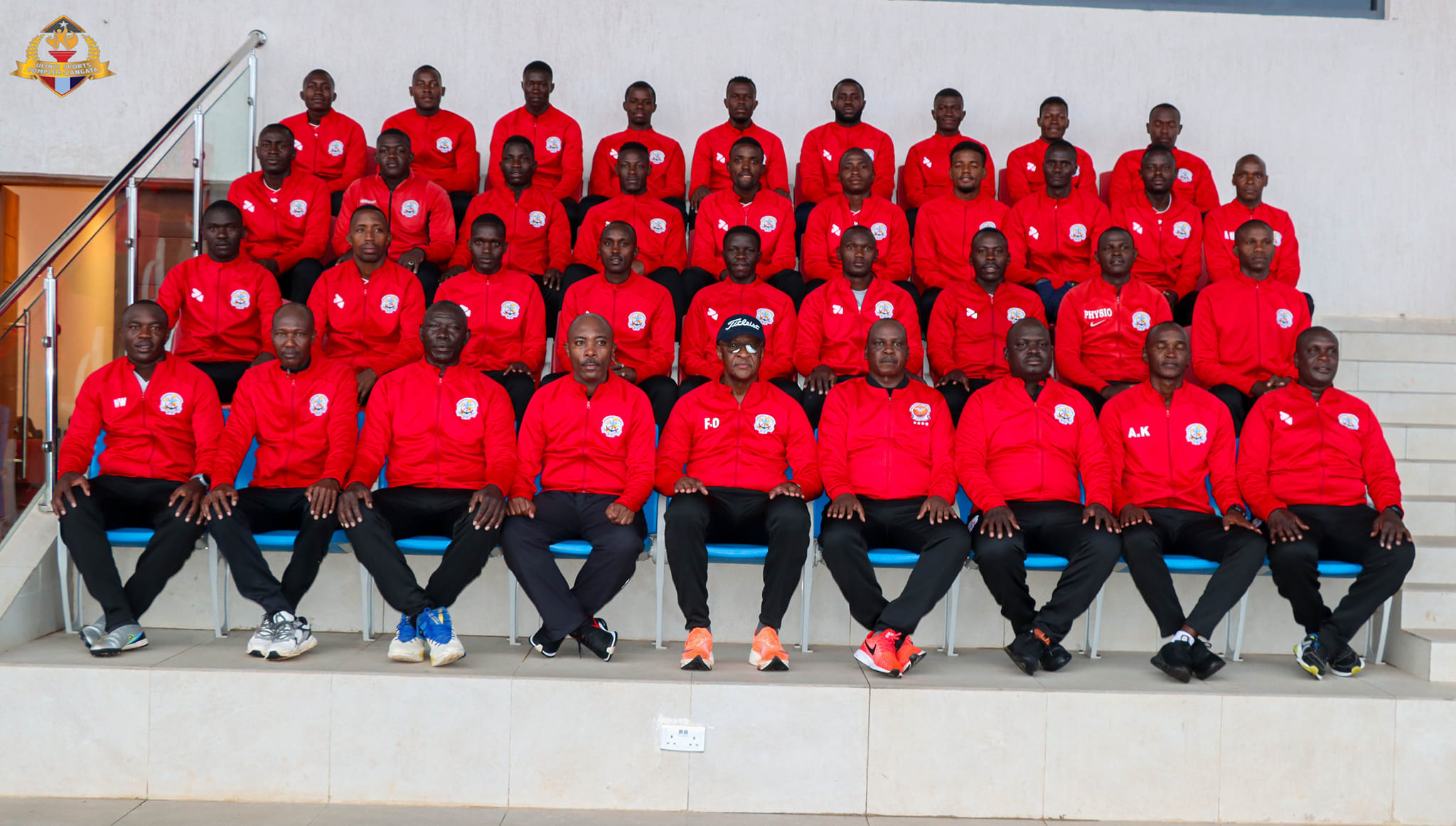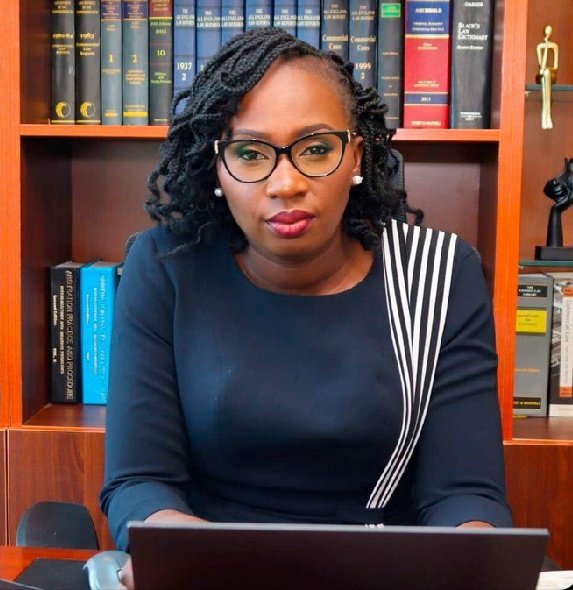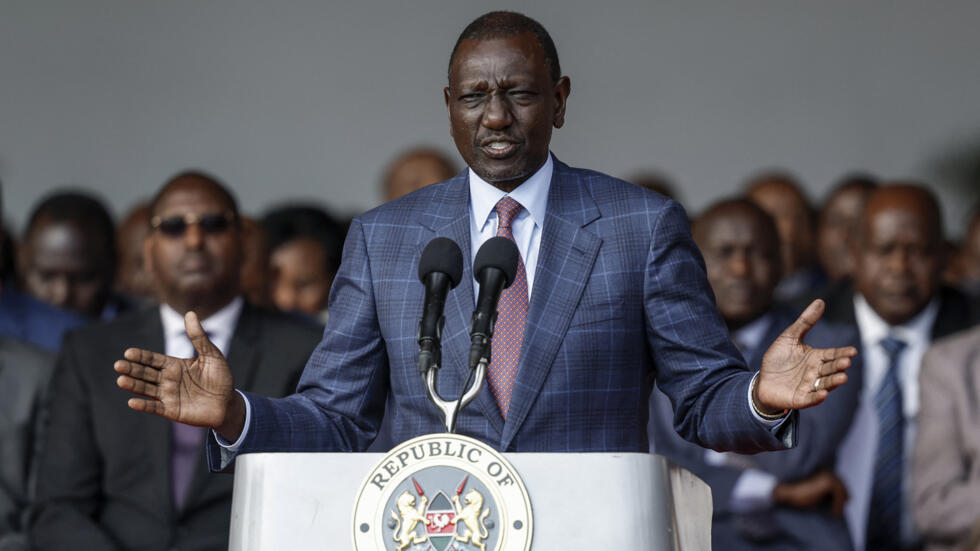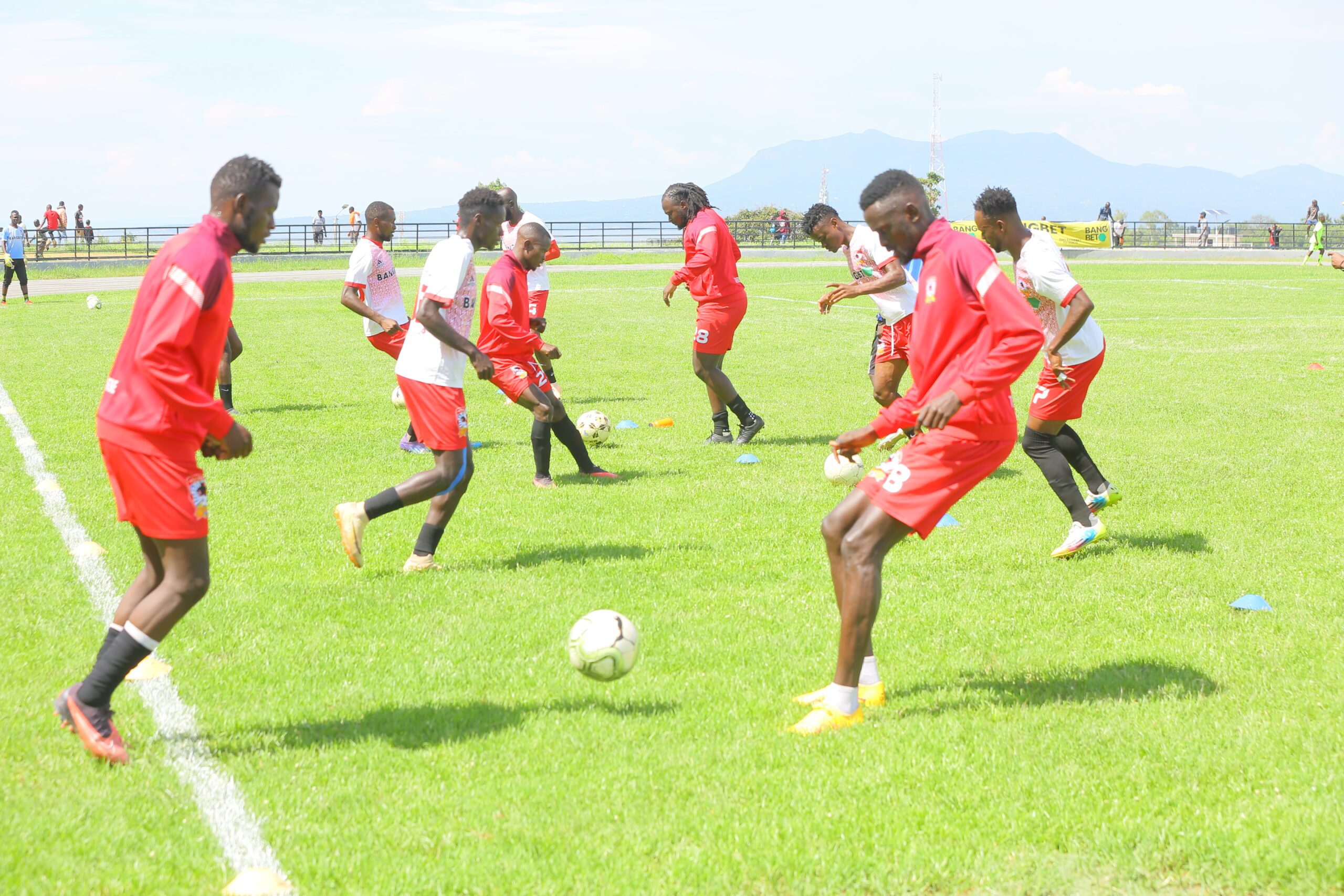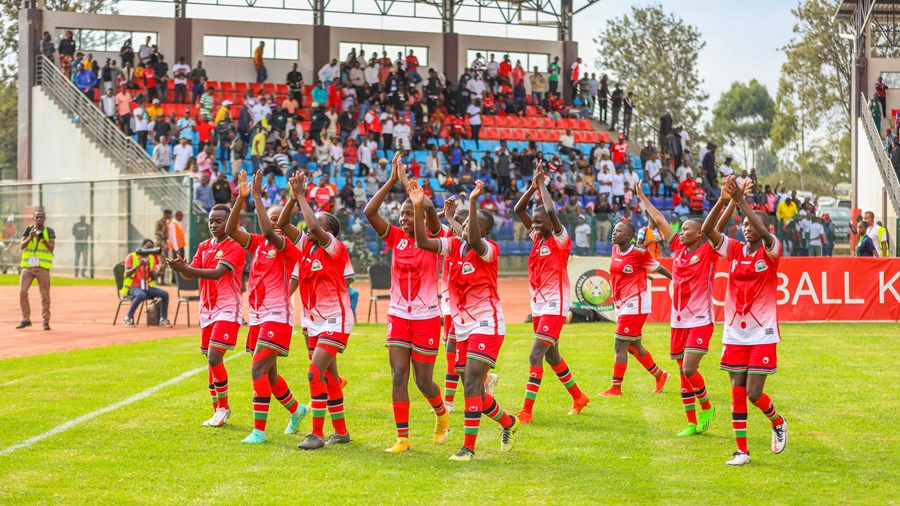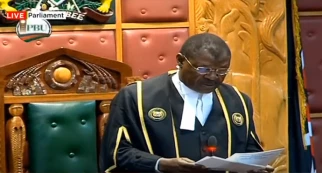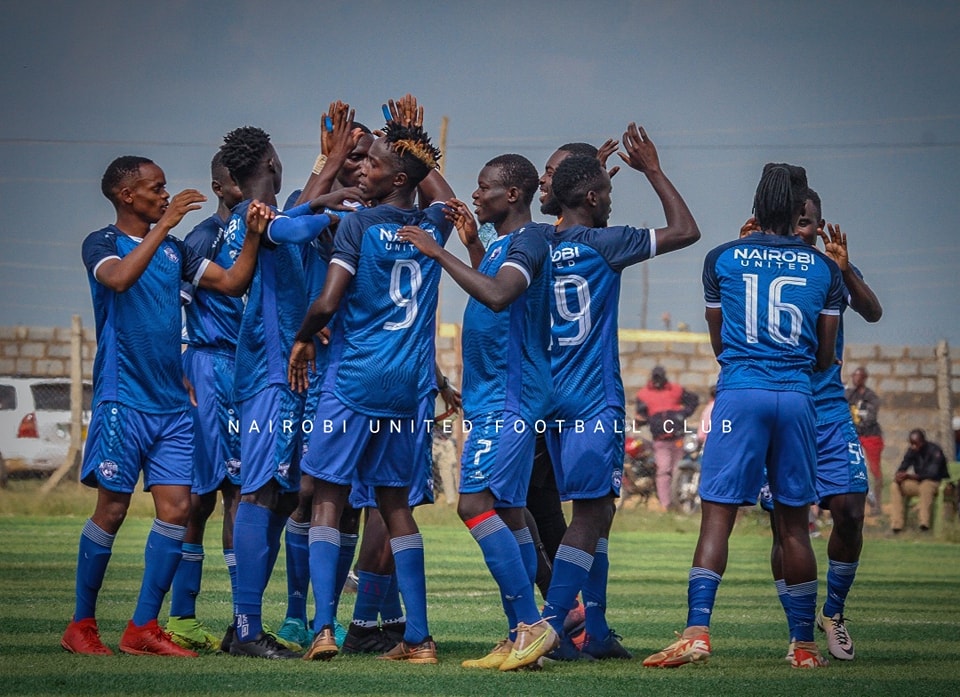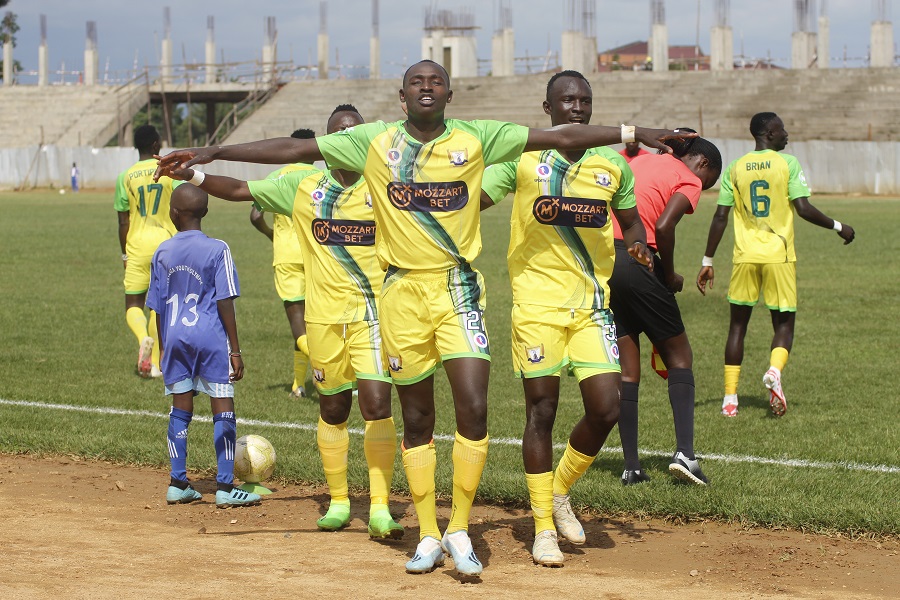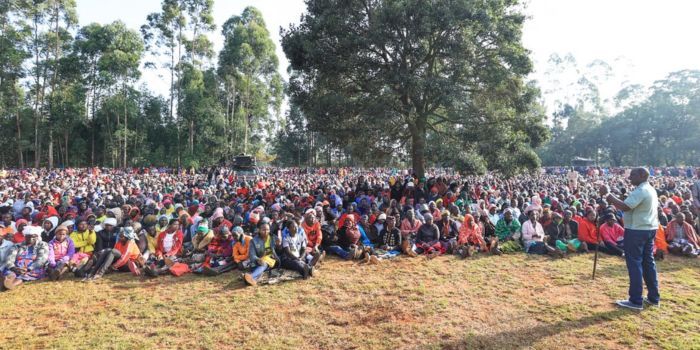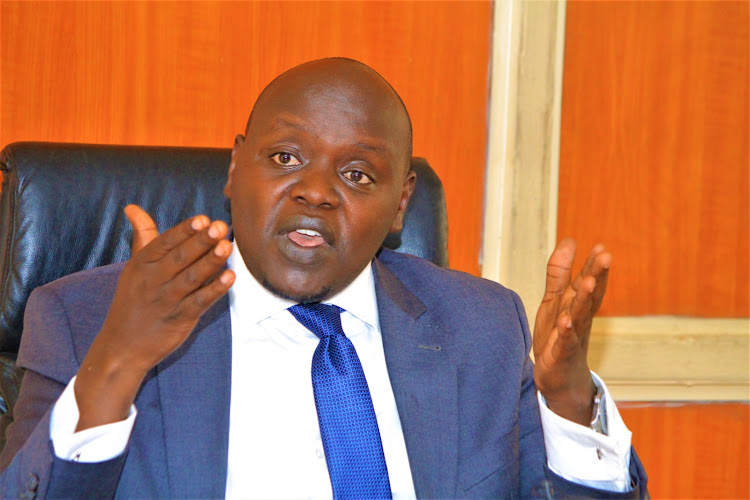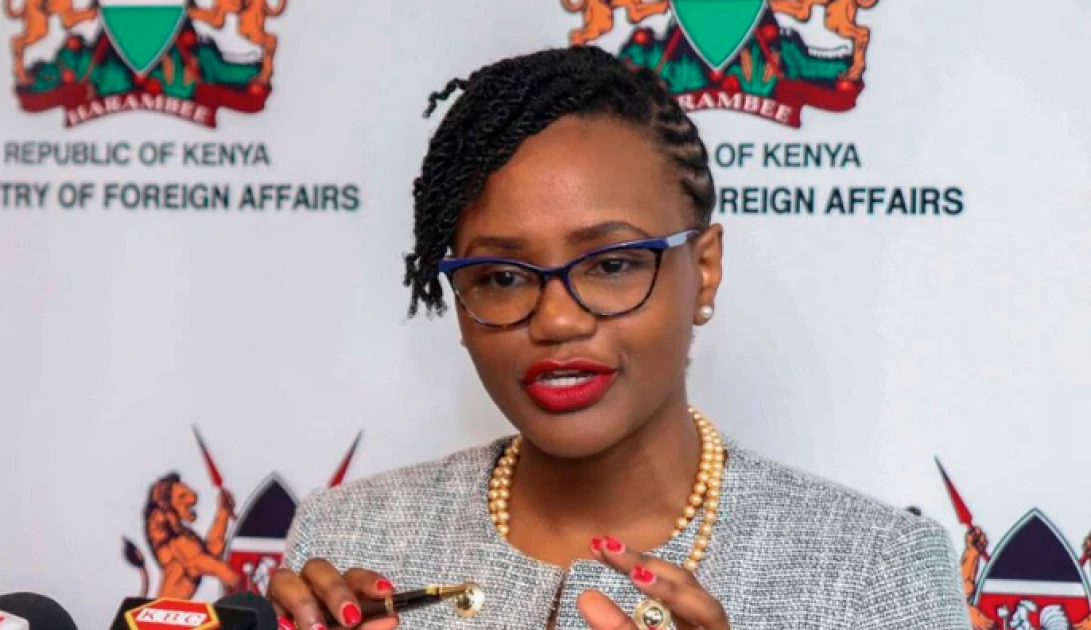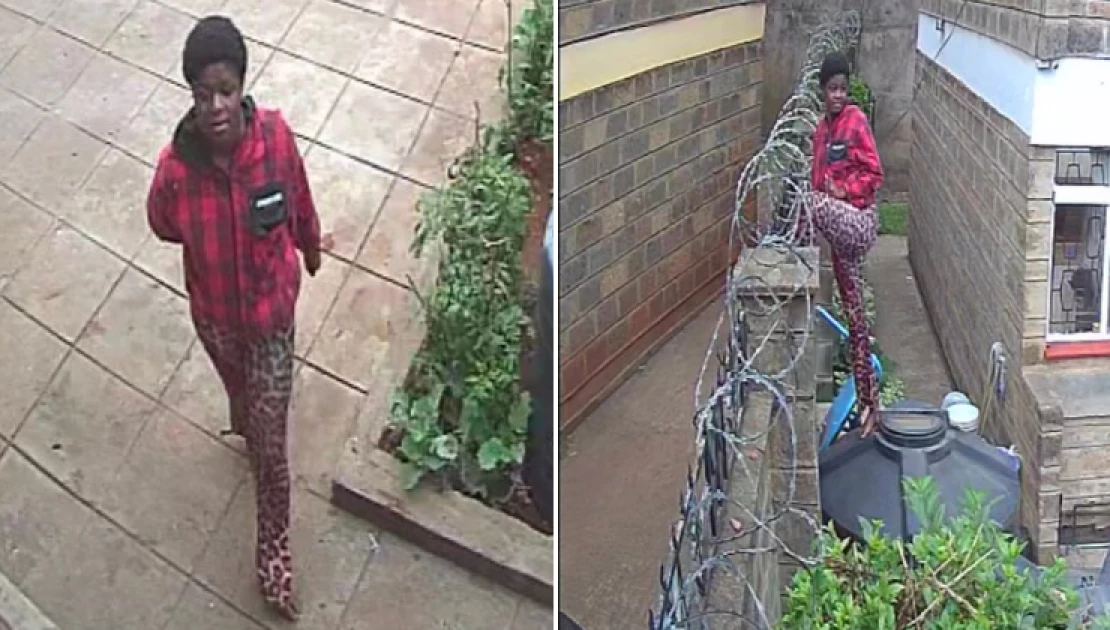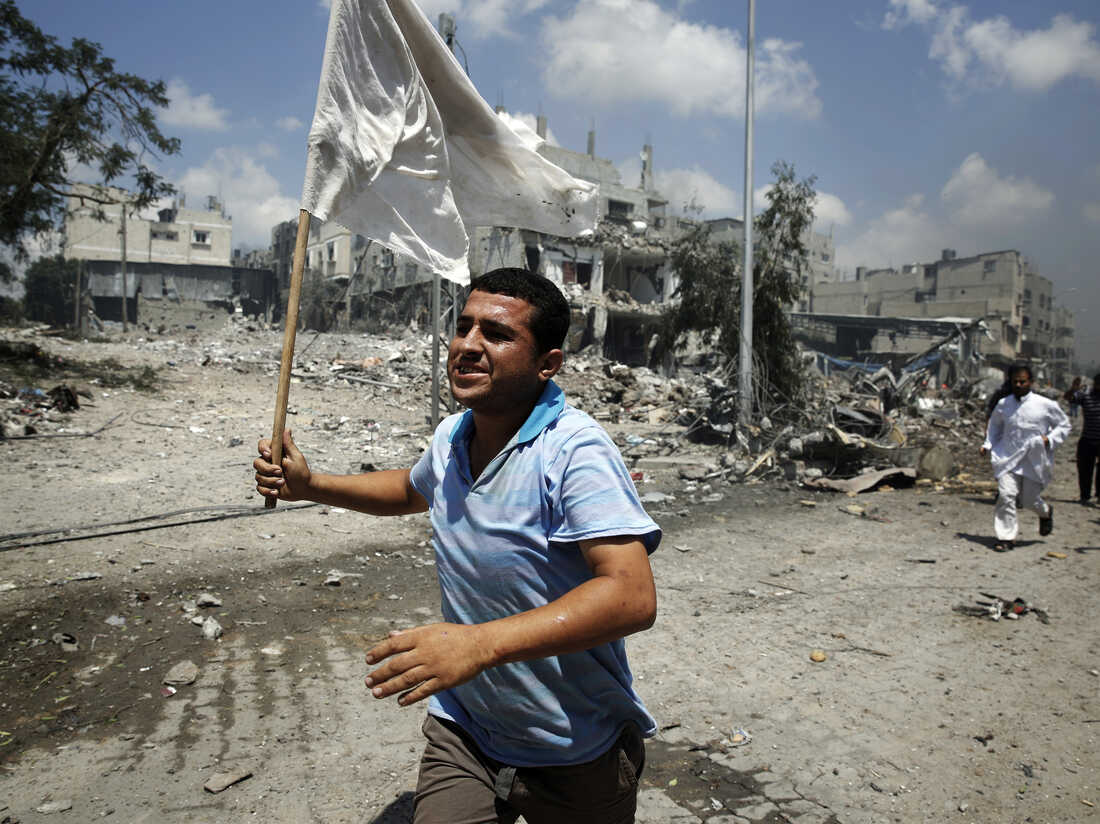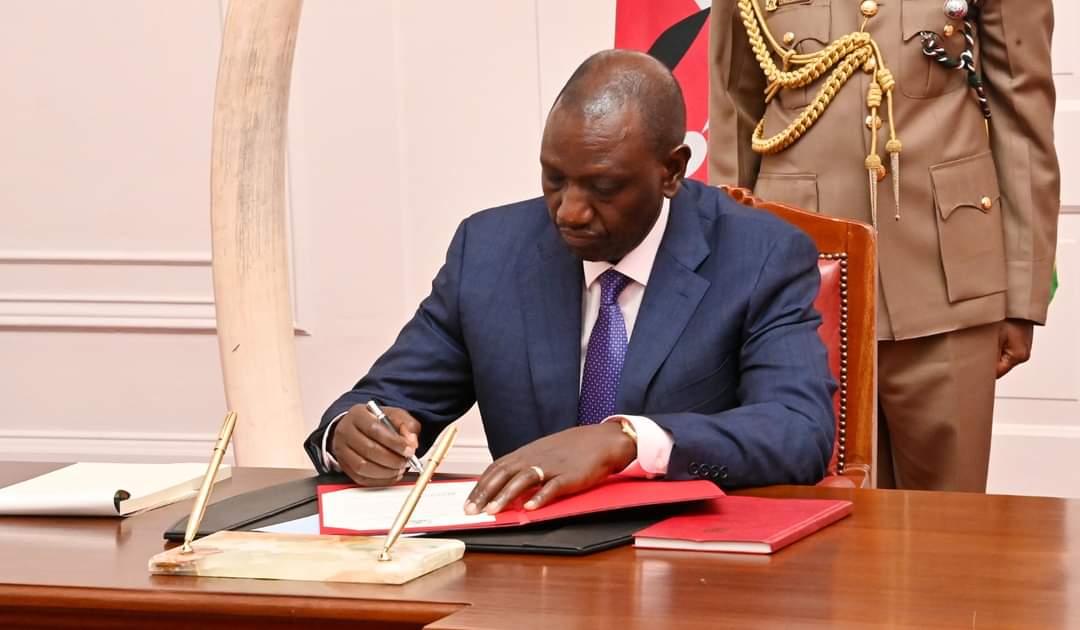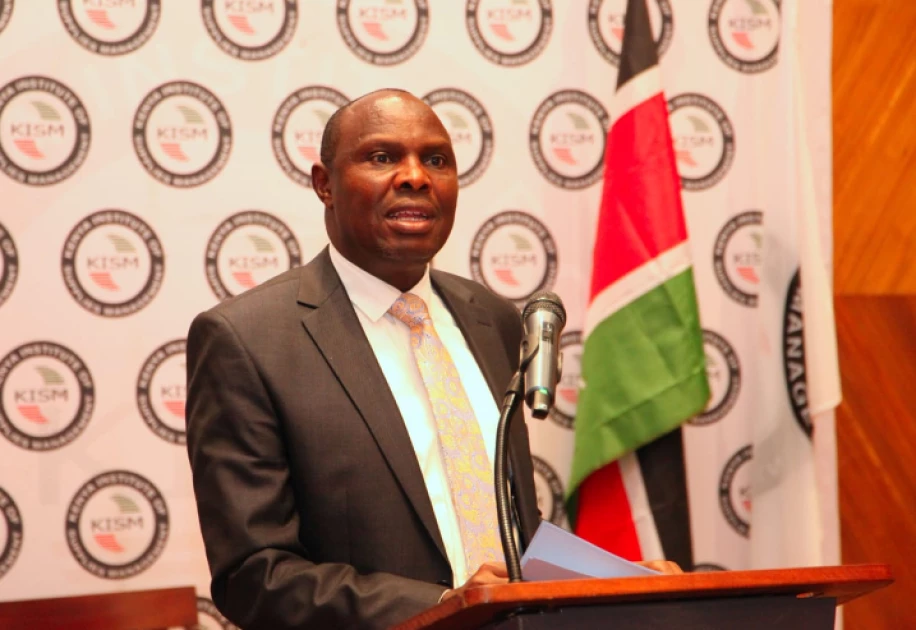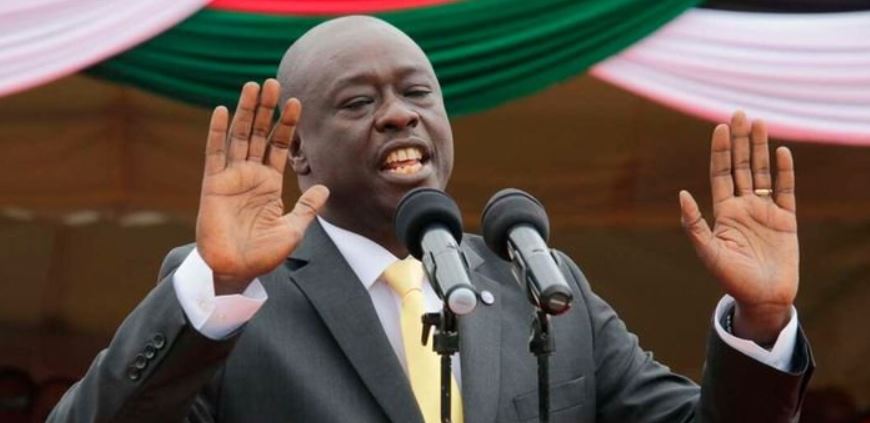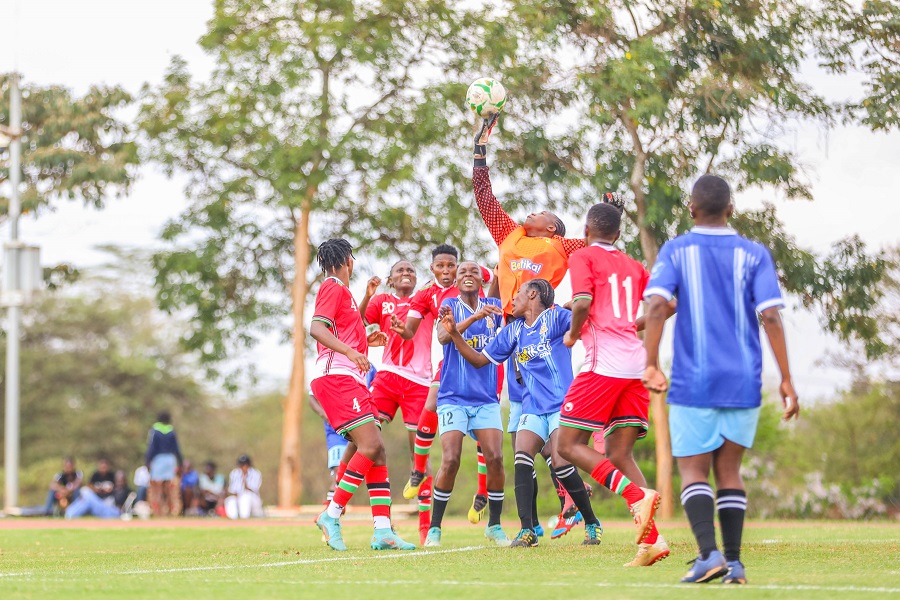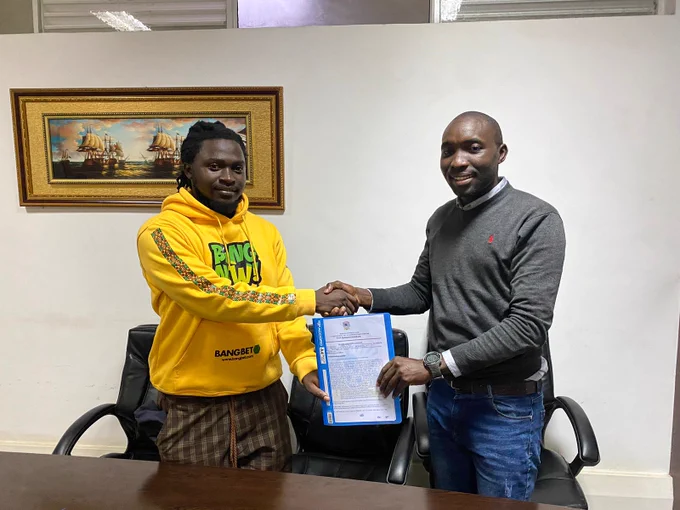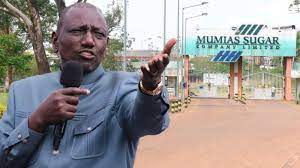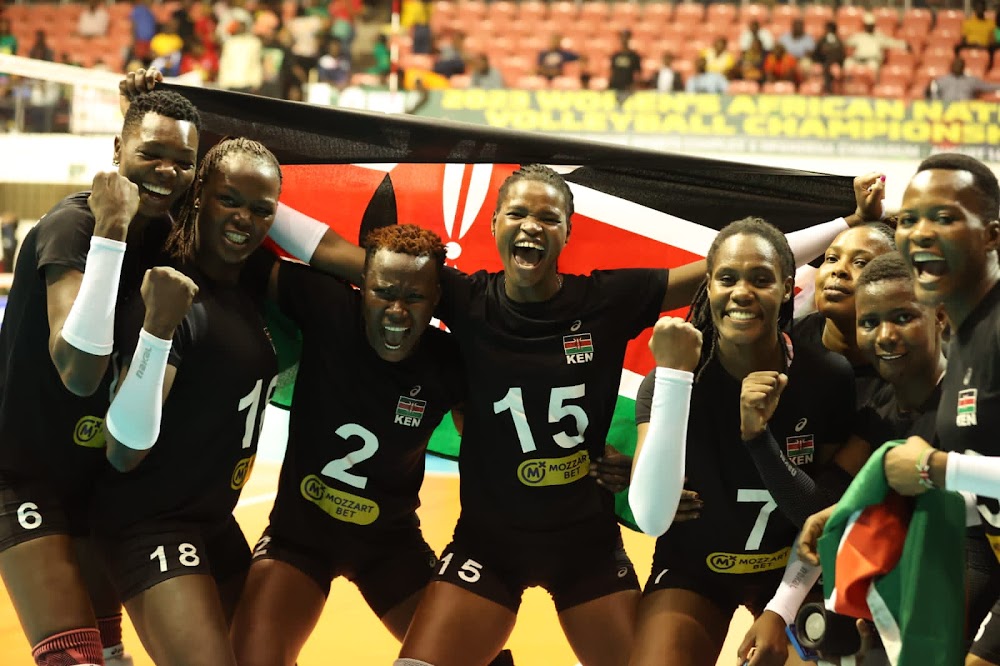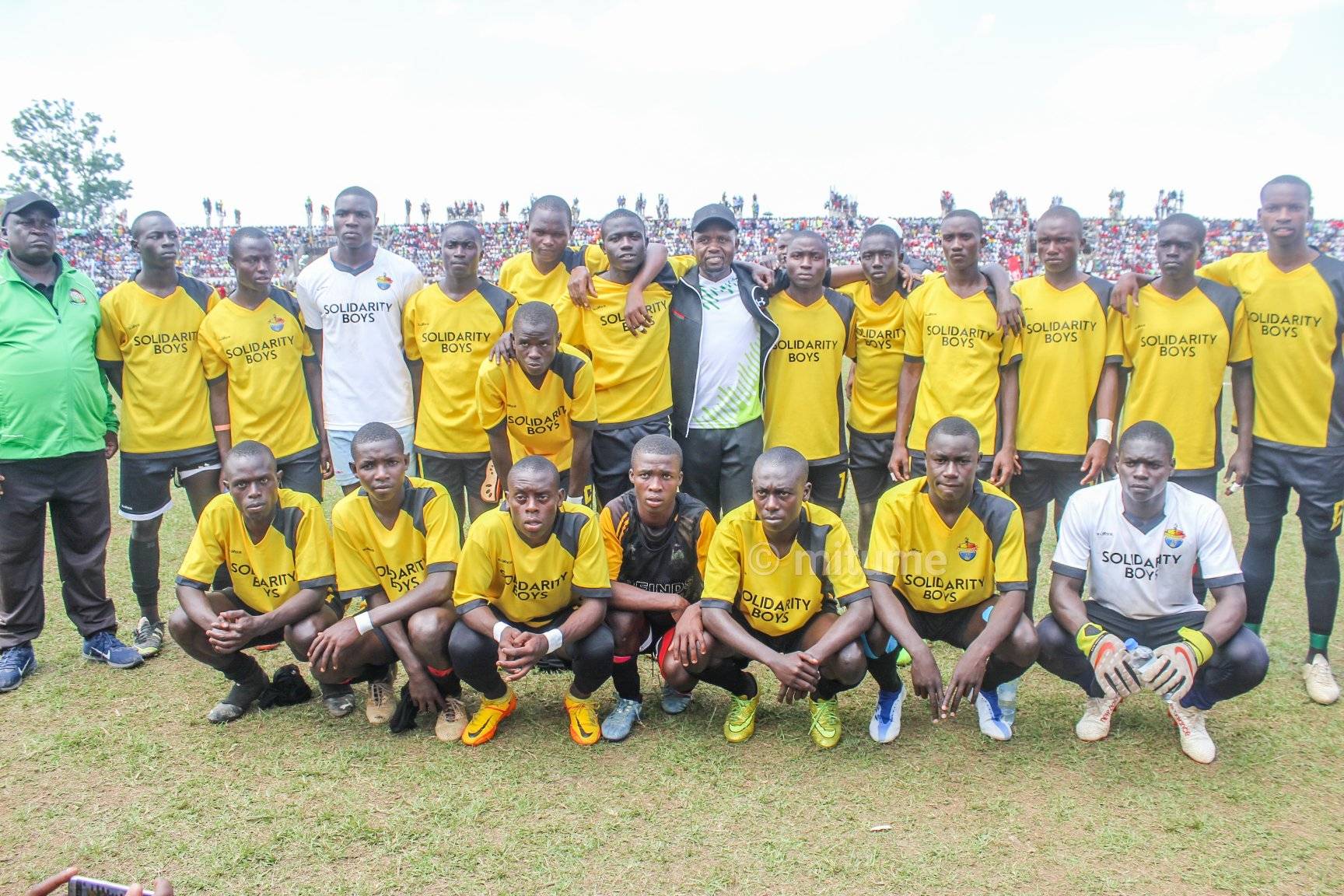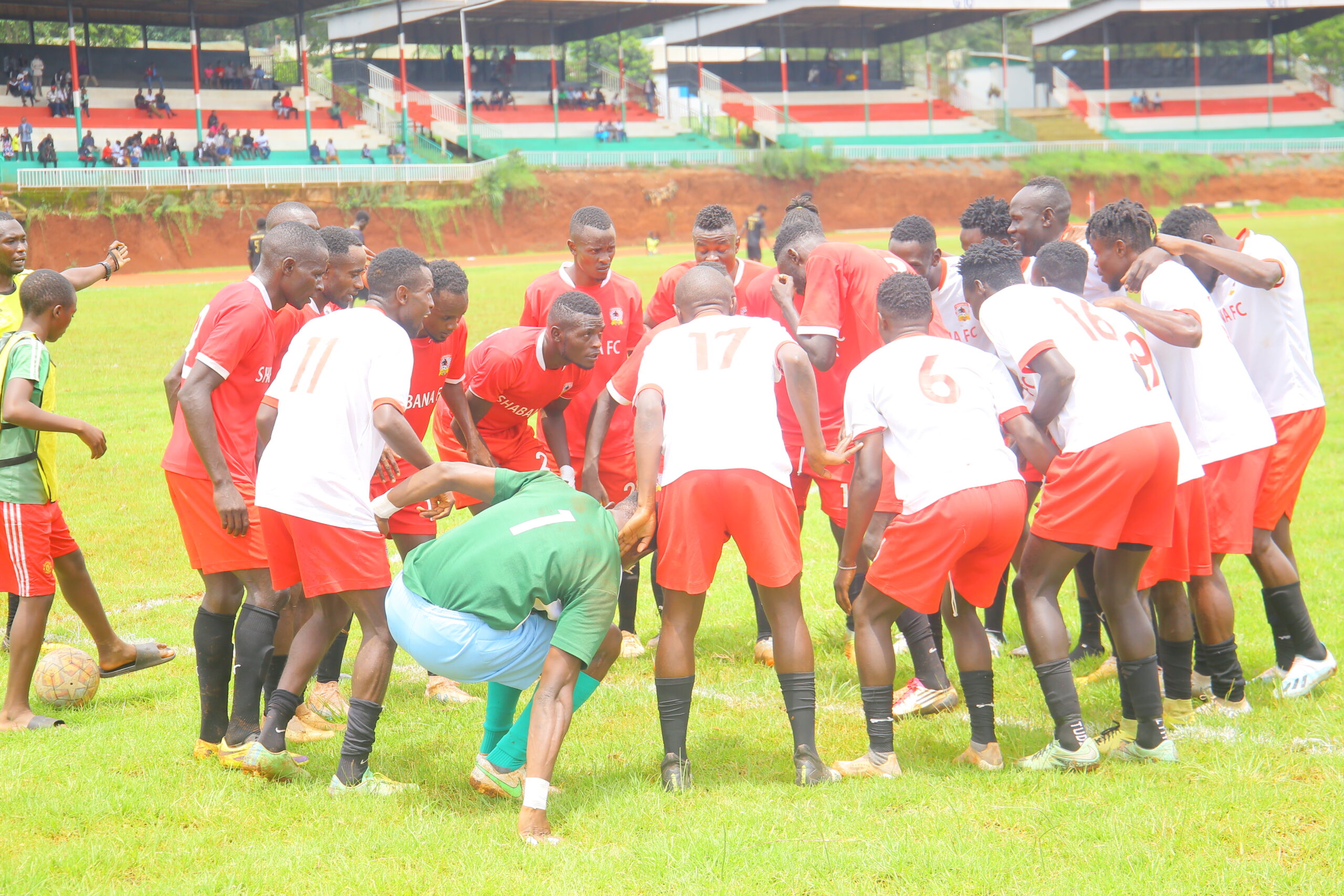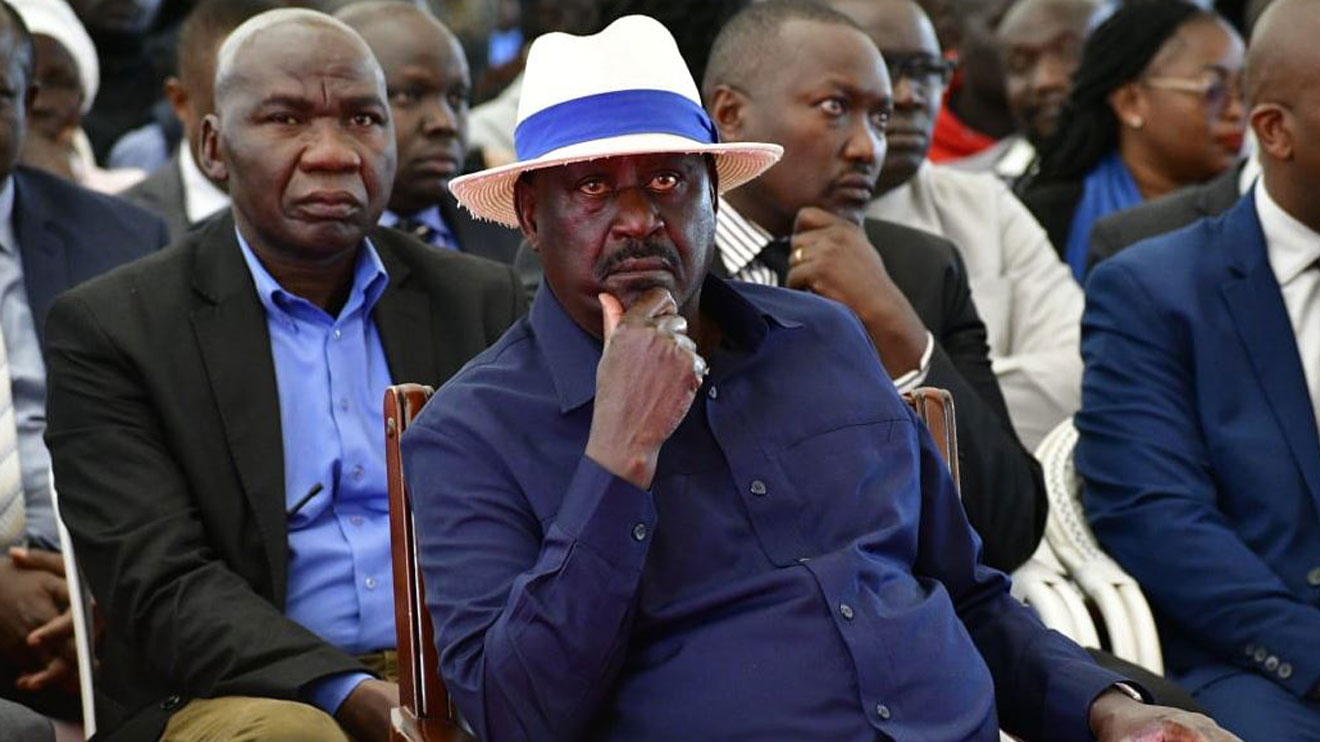President William Ruto has once again stirred debate after pledging a significant donation to aid church construction, declaring it a statement to silence his political detractors. Speaking at Jesus Winner Ministry in Roysambu, Nairobi, the president promised Ksh.20 million from his personal funds and vowed to rally support to raise an additional Ksh.100 million during an upcoming harambee.


“I Give Unapologetically to God,” Says Ruto
Taking the podium, Ruto defended his much-debated donations to churches, citing his personal faith and adherence to scriptural teachings.
“I am a product of giving to God, and I am unapologetic about it. I do this on the firm foundation of scripture,” he stated, drawing cheers from the congregation.
Amid chants of “Ruto! Ruto!” from the crowd, the president added, “We will build this church so that we shame our political enemies.”
Church Donations and Rising Criticism
President Ruto’s frequent financial support of churches has drawn mixed reactions. While his supporters view it as a reflection of his commitment to faith, critics—including sections of the clergy—have raised concerns over the source of the funds.
Claims that the donations may be linked to proceeds of corruption have fueled public skepticism. The issue has also divided religious leaders, with some welcoming the financial support and others questioning the ethics of politicians fundraising in churches.
In November 2024, the Archdiocese of Nairobi rejected a Ksh.2.8 million donation from President Ruto and Nairobi Governor Johnson Sakaja. The decision, made in line with the Kenya Conference of Catholic Bishops (KCCB) directives and the Public Fundraising Appeals Bill 2024, highlighted growing concerns over the intersection of politics, religion, and public trust.
Defiance Amid Economic Challenges
Ruto has remained steadfast despite criticism, asserting that his donations are driven by personal conviction and a desire to spread the Christian faith.
“Supporting the church is not about politics but about fulfilling my spiritual obligation,” he told attendees.
This bold stance comes at a time when Kenya is grappling with economic challenges, including a strained economy and mounting public debt. Critics argue that political fundraising in churches sets a concerning precedent in a time of financial austerity.
The Bigger Picture
Ruto’s actions have ignited a broader conversation about the role of political figures in religious spaces and the ethical implications of their financial contributions. While he continues to defend his commitment to faith-based giving, the debate over transparency and accountability in such donations remains far from resolved.













